
An alarming rise in YouTube channel hacks in Bangladesh sees political and religious critics silenced through fake copyright strikes. Content creators fear systemic suppression.
In-Depth Report:
Dhaka, 30 May 2025:
A disturbing trend is unfolding in Bangladesh as several YouTube channels, particularly those critical of the government, religion, and politics, are being systematically taken down through false copyright strikes. Multiple victims claim that hackers are using YouTube’s automated copyright enforcement tools to silence dissenting voices.
Digital Repression via “Copyright Terrorism”
According to victims, hackers—often using just one Gmail ID—are issuing three rapid copyright claims to trigger YouTube’s takedown algorithm, leading to the permanent removal of entire channels. Many affected creators are well-known bloggers, political commentators, or journalists who post critical analyses through live sessions or recorded discussions.
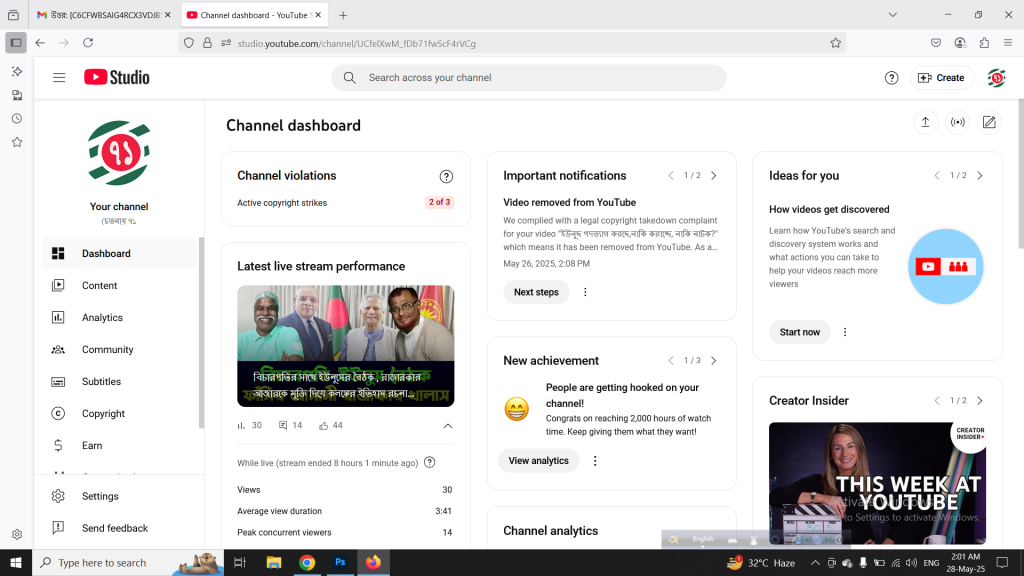
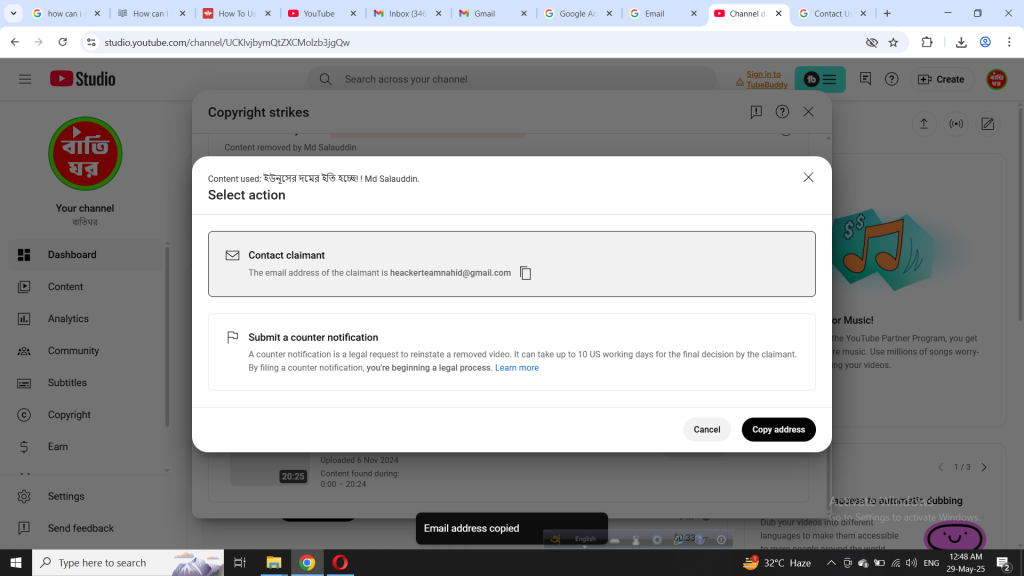
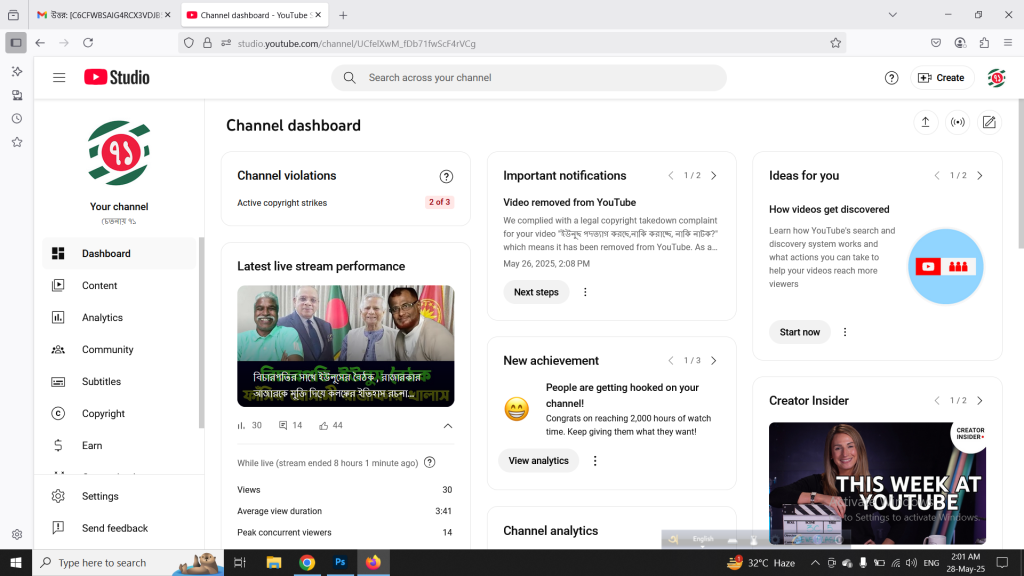
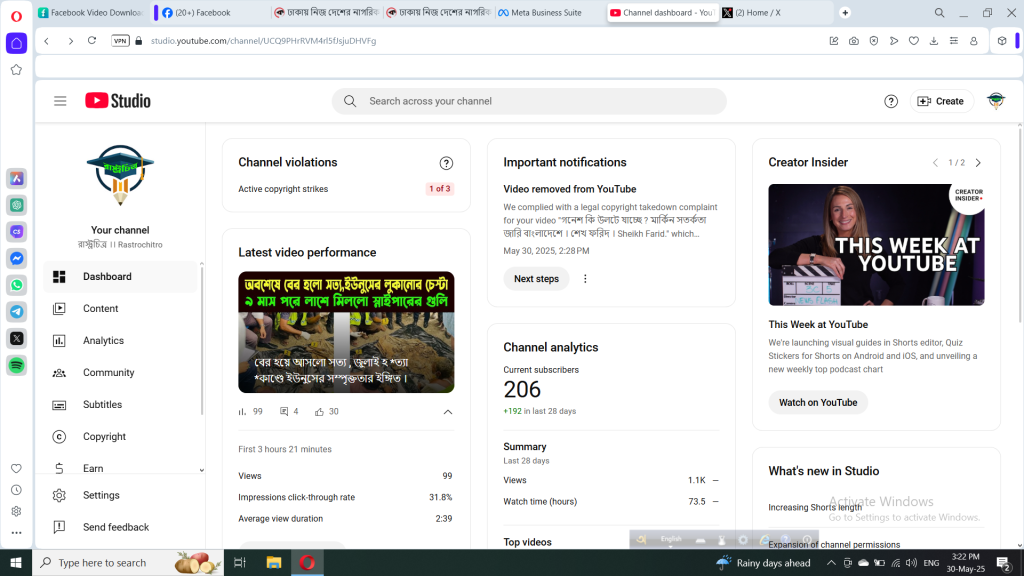
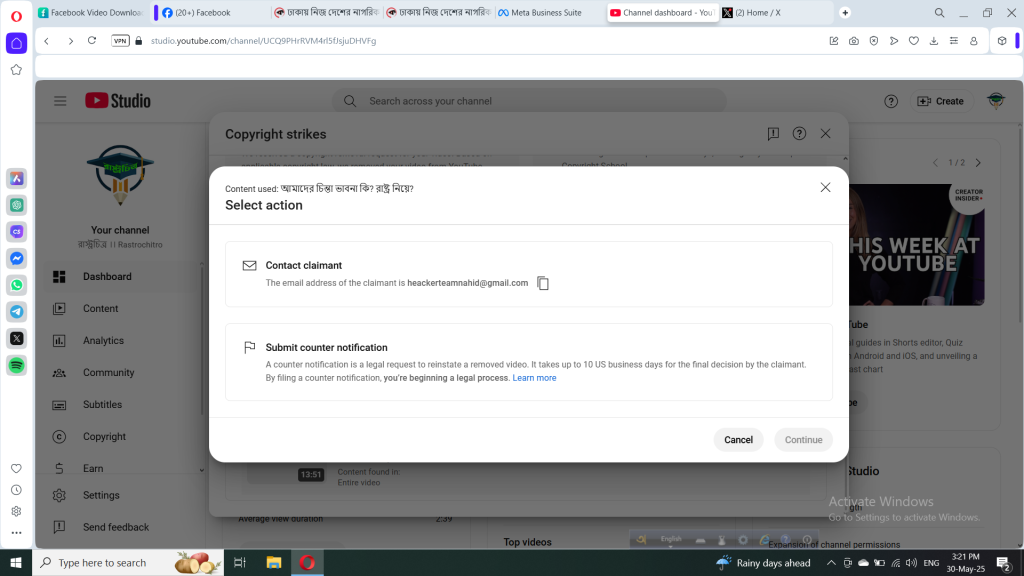
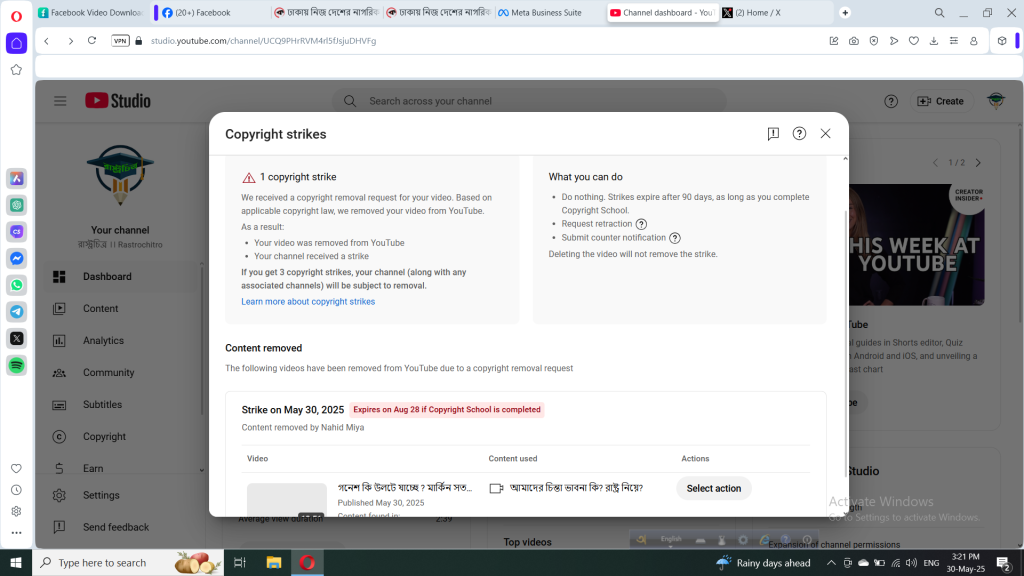
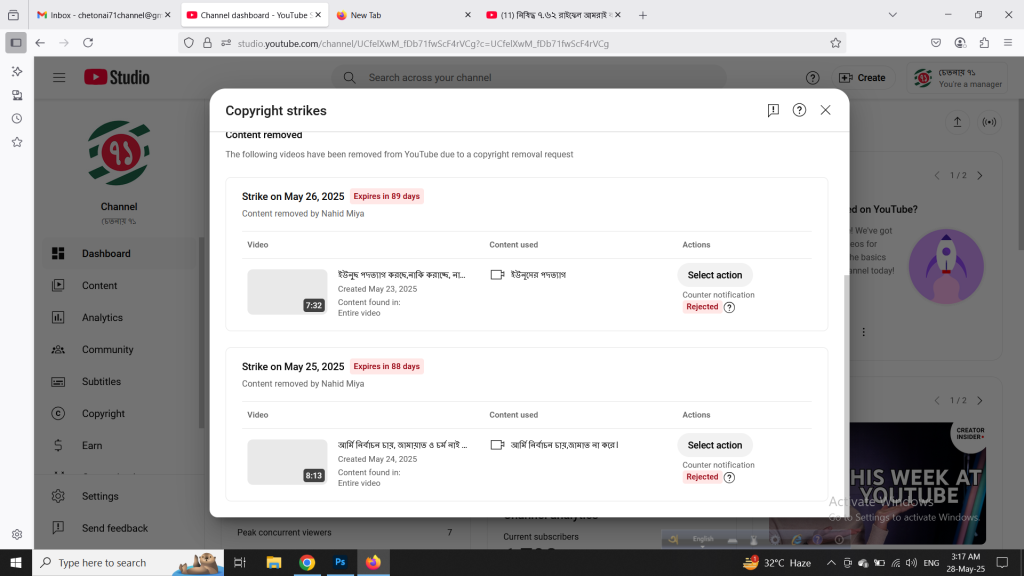
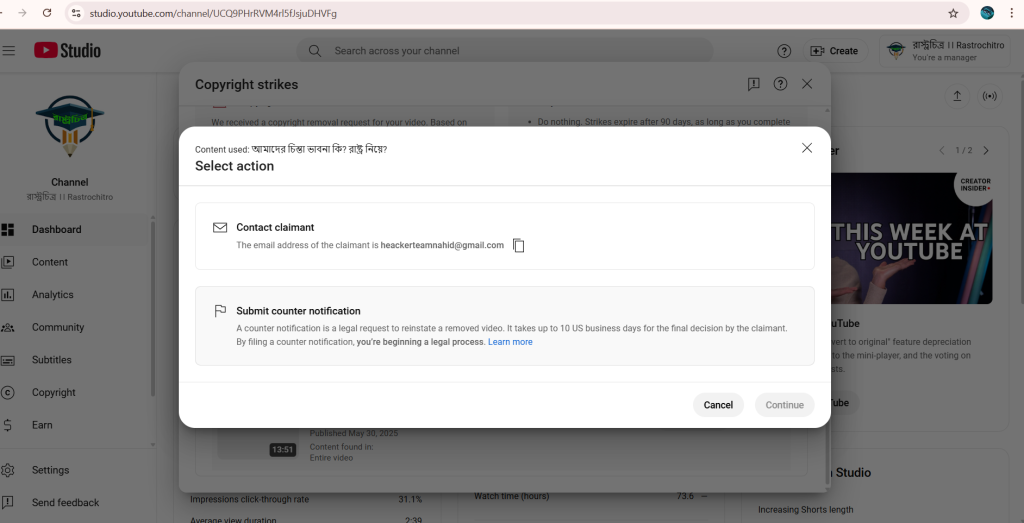
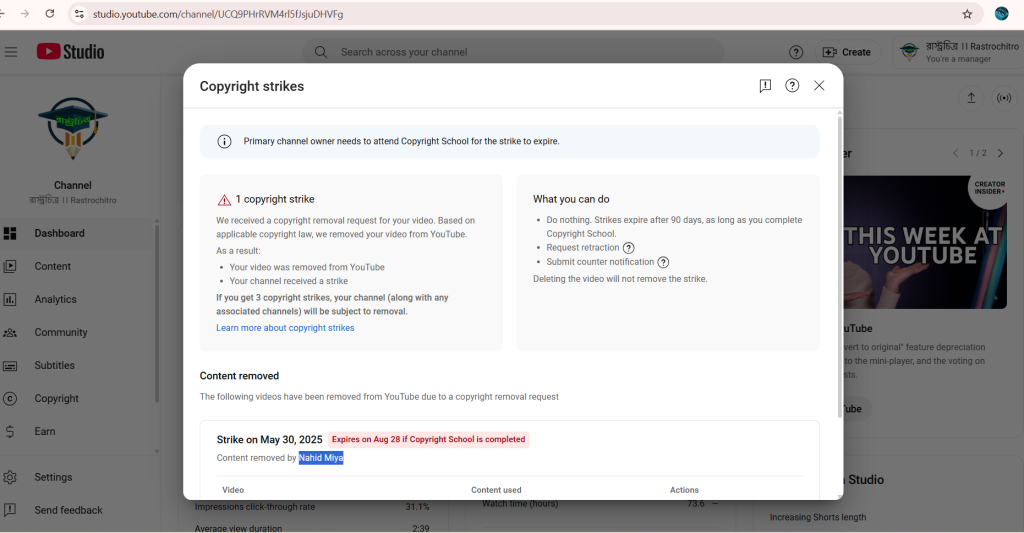
One victim shared:
“After my first channel was taken down with three false strikes, I started a second one. The same hacker, Nahid Miah, destroyed that one too—within days—using the same method.”
The Gmail ID linked to these strikes is reportedly hackerteamnahid@gmail.com, and the same name appears in YouTube’s copyright strike notifications.
YouTube’s Algorithm Under Scrutiny
YouTube’s copyright system is largely automated, and often enforces take-downs without prior verification. Victims report that they’ve contacted YouTube repeatedly but received either automated responses or no remedy at all.
This has raised several alarming questions:
- Is YouTube’s algorithm vulnerable to abuse?
- Are these attacks politically motivated and perhaps even supported, tacitly or otherwise, by state actors?
Political Motive Behind the Attacks?
Observers suggest this is not just a technical or criminal matter, but part of a broader campaign of digital repression. YouTube has become a last refuge for freedom of expression in a country where mainstream media is tightly controlled. Now, even that space is under threat.
One political vlogger stated:
“We have no platform in newspapers or TV. YouTube was the last space for truth-telling. Now, they’re snatching that too.”
Personal Data at Risk?
Some bloggers fear these hackers are not only deleting content but potentially gaining access to personal data—including Google Drive files, emails, or even linked banking information—through phishing or unauthorized access.
Summary:
This wave of YouTube hacks in Bangladesh highlights a critical crisis for digital rights, freedom of speech, and cybersecurity. If neither YouTube nor the authorities step in to address this abuse, more creators could face censorship, harassment, and digital erasure in the coming days.



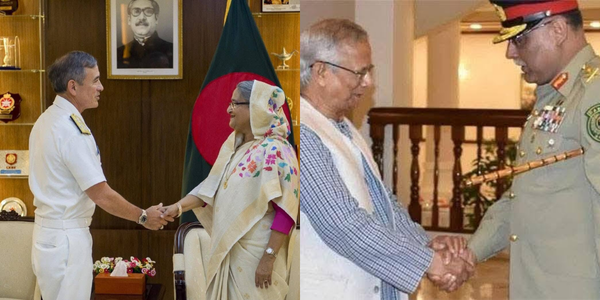

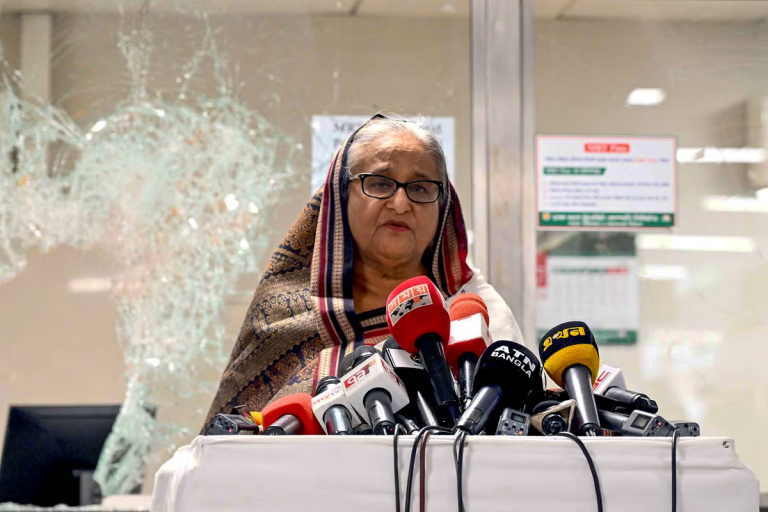
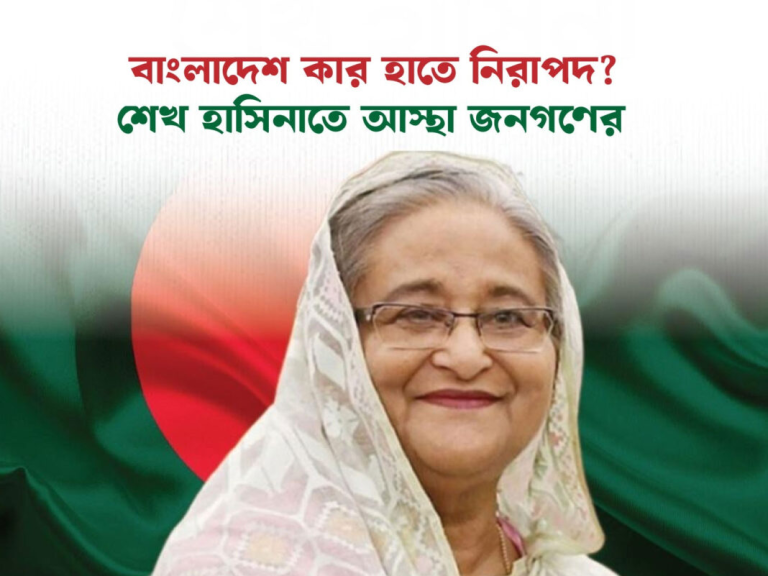
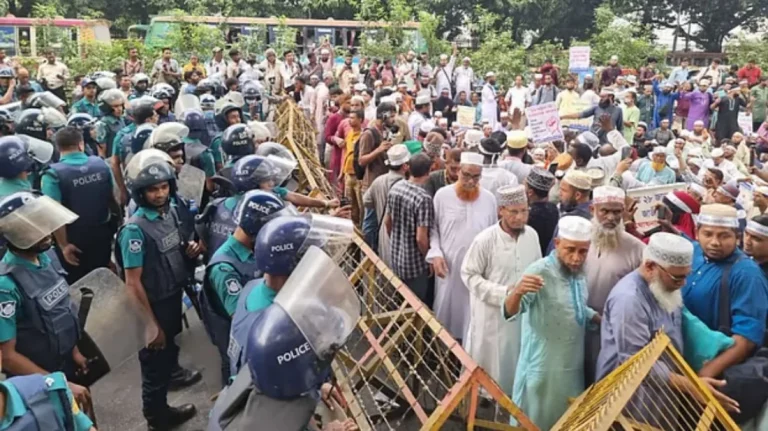

We call on the competent individuals to create a social vlogging platform that will no longer compromise critical issues for digital rights, freedom of speech, and cybersecurity, and will eliminate any means of abuse, censorship, harassment, and digital erasure.